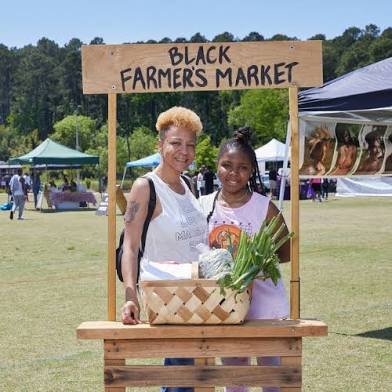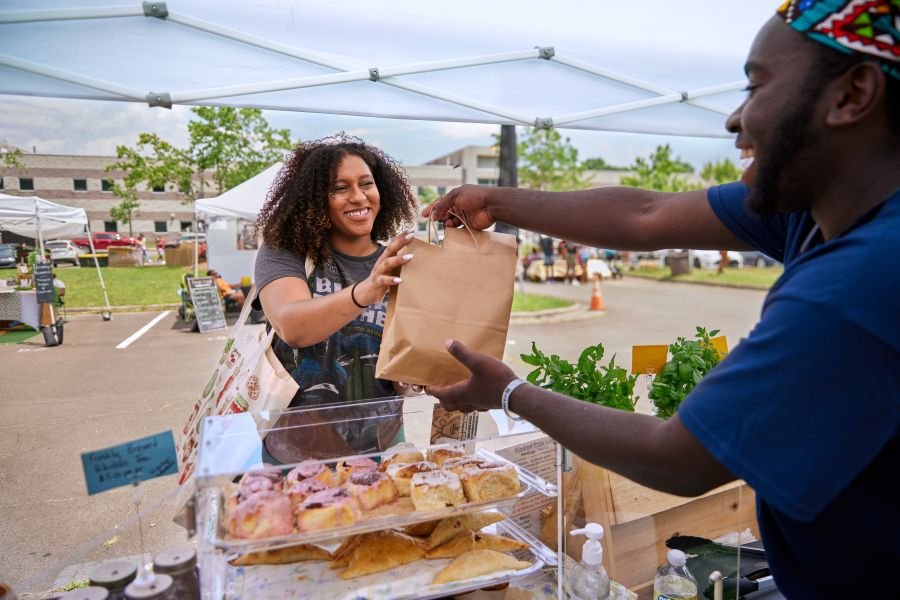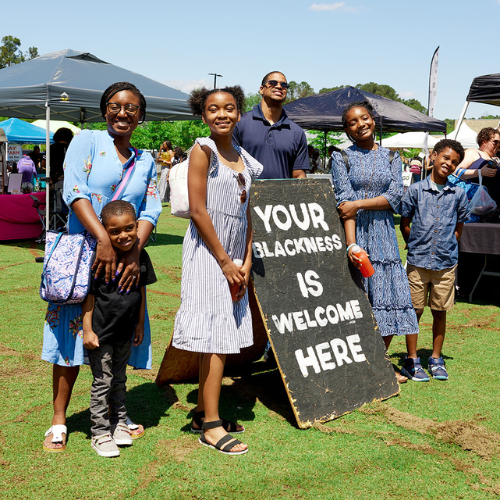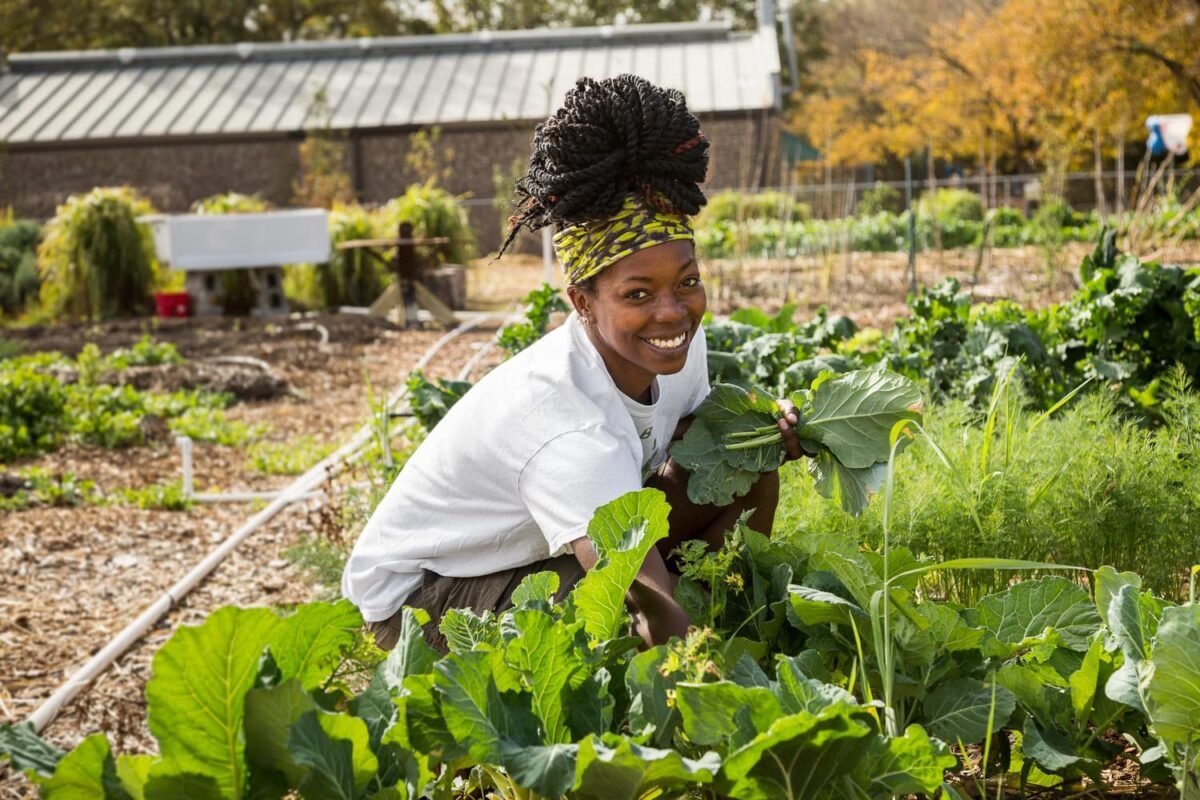Food is more than what we eat—it’s memory, medicine, and wealth. For many Black families, especially in the South, farming carries deep cultural roots. The memory of picking berries in the summer, shelling peas on Grandma’s porch, or planting rows of collards in the backyard isn’t just about survival—it’s about community. Today, that legacy lives on through the Black Farmers’ Market (BFM) in North Carolina, where tradition meets purpose.

Every Sunday from spring through fall, the market gives local Black farmers and entrepreneurs a platform to sell fresh produce, baked goods, and other homegrown products. It’s a movement designed to close the gap in food access, combat health disparities, and build economic power within Black communities.
According to CentraState.com, conditions like diabetes, heart disease, and high blood pressure remain disproportionately high among African Americans. Experts point to systemic barriers, including food deserts and limited access to affordable, healthy options. By creating direct connections between farmers and families, the Black Farmers’ Market helps fill that void—while keeping dollars circulating in the community.
The BFM’s mission is to build a strong, Black-led food system in the heart of North Carolina, while also cultivating self-sustaining roots by encouraging healthy communities and supporting current and future Black farmers and entrepreneurs.
From Black August to Black Farmers’ Market
The Market’s story began with its sister event, Black August in the Park, launched in 2015 as a space to honor Black culture, resistance, and unity. While the annual event intentionally prohibited retail, the absence of a space for entrepreneurs sparked a new idea: the Black Market, a vendor fair that debuted on Black Friday.
In 2018, organizers went a step further, hosting the first Black Farmers’ Market to highlight farmers alongside entrepreneurs. The response was overwhelming, and farmers began requesting more frequent gatherings. By 2019, the Black Market and Black Farmers’ Market had officially merged, supported by a growing membership of farmers known as the BFM Trade Union.


The Black Farmers Market (BFM) aims to encourage healthy communities and support Black farmers and entrepreneurs; Courtesy of Black Farmers’ Market
Then came 2020. As the pandemic disrupted food supply chains, demand for local produce soared. BFM stepped in—expanding to Raleigh, hosting weekly markets, and growing its network to more than 30 Black farmers and entrepreneurs, according to BFM website. Since then, the market has created wholesale opportunities, funded new equipment for farmers, and increased awareness of the critical role that Black farmers play in the region.
Building More Than a Market
The Black Farmers’ Market is intentional about being more than a place to buy groceries. It’s a community hub that serves as a space where health, culture, and economics intersect; from providing access to fresh, nutrient-rich foods to preserving the history of Black agriculture, BFM is cultivating a sustainable future rooted in empowerment.

The market runs through November 16, 2025, with events held in Raleigh on the 2nd and 4th Sundays (1–4 p.m.) and in Durham on the 1st and 3rd Sundays (1–4 p.m.).
For those interested in participating—whether as vendors, customers, or supporters—visit the Black Farmers’ Market website. Because here, food isn’t just about what’s on the table. It’s about planting seeds for health, wealth, and generations to come.


